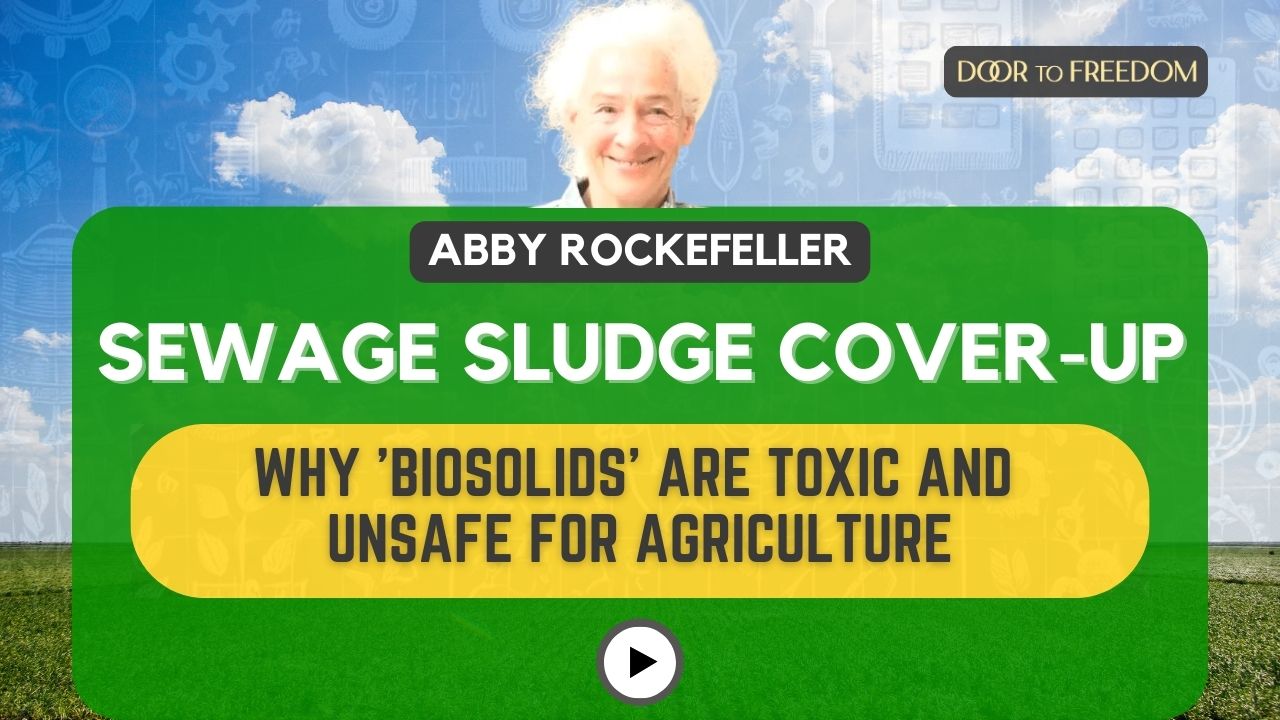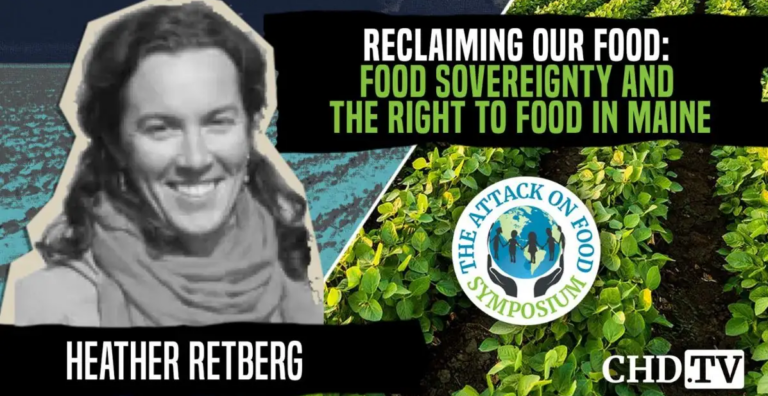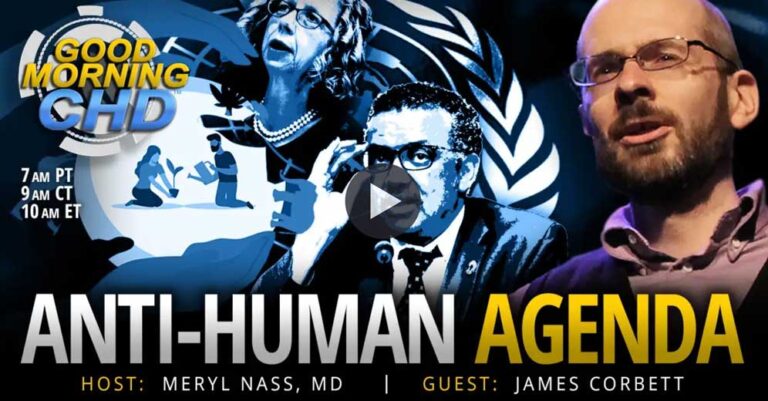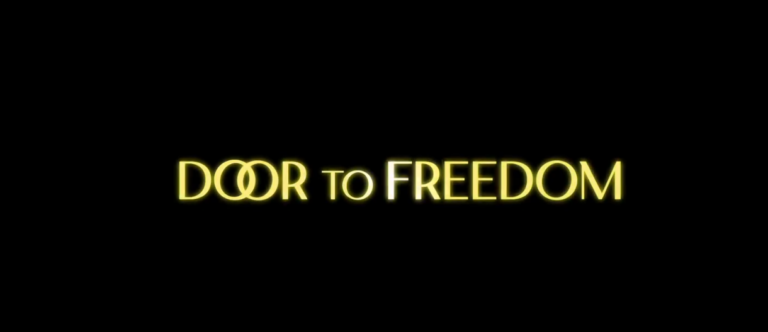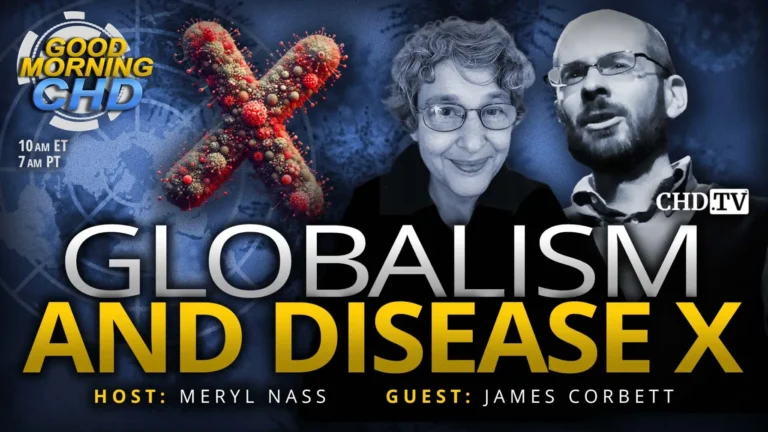Abby Rockefeller
Abby Rockefeller critiques the widespread use of sewage as fertilizer and the misleading term biosolids, which refers to sewage sludge. In her talk, “Sewage Sludge Is Sewage Sludge; It Is Not ‘Biosolids’,” Rockefeller highlights the dangers of using sewage sludge in agriculture, arguing that the toxins and chemicals have made many farms unusable.
Rockefeller advocates for an overhaul of waste management systems, encouraging a return to natural methods of processing waste and obligating industries to manage their own waste. Key topics include PFAS, water contamination, and the need for better alternatives to sewage systems.

